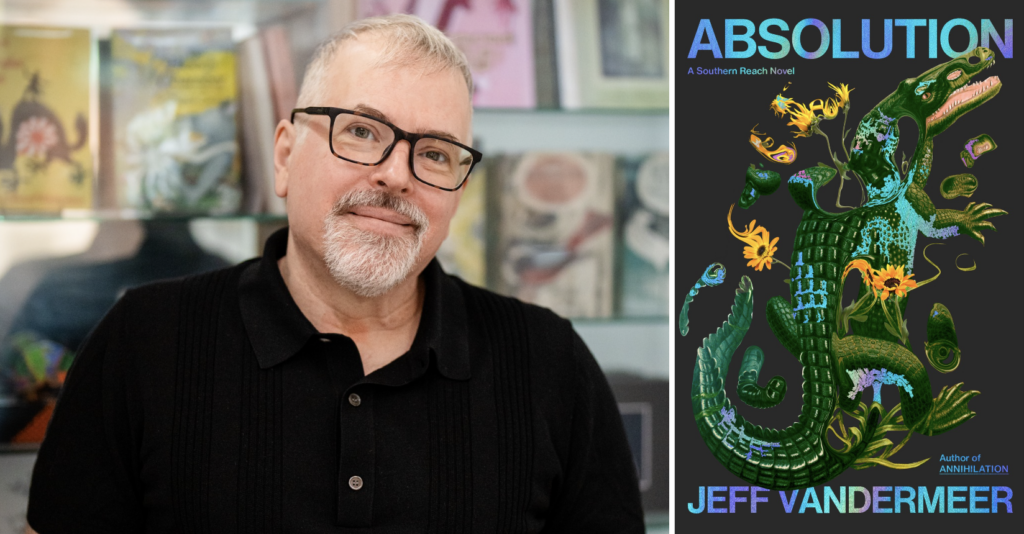When it comes to seeing the world through a positive, optimistic lens, it can feel like the cards are stacked against you. With current events and the ever-troubling news cycle being what they are, looking for the light is sometimes an impossible task. But there’s a much-talked-about—and little-understood—psychological concept that can help shift your perspective. It’s called developing a growth mindset.
Mindset is the way you look at yourself, the people in your life, and the world around you. According to well-known Stanford researcher Carol Dweck, there are two types of mindsets: a growth mindset and a fixed mindset. Dweck says that the one we lean toward can either motivate us or prevent us from reaching our fullest potential in work and in life.
Featured image by Riley Reed.

Subscribe
Make it happen.
Get my FREE Vision Workbook straight to your inbox. A resource to help you intentionally set (and realize) goals in six transformative areas of your life.
Thanks for Signing Up!
Oops!
Looks like you’re already signed up or your email address is invalid.
Oops!
Looks like you unsubscribed before click here to resubscribe.
Fixed vs. Growth Mindset
Those with a fixed mindset believe their qualities are fixed traits and cannot change. They live with the assumption that talent and circumstance alone leads to success and effort is not required. Having fixed beliefs about yourself will ultimately hold you back from making positive changes in your life. If you have a trait that you believe cannot be changed—such as your intelligence, weight, or bad habits—you will avoid situations that could possibly be uncomfortable or lead to failure.
On the flip side, those with a growth mindset believe that their learning and intelligence can grow with time, dedication, persistence, and experience.
People with a growth mindset see their basic abilities as a simple launch pad for their potential, which has a positive impact on overall health and happiness. They believe that their effort has a large effect on their success, so they will put extra time and attention into developing areas they wish to improve. This leads to higher achievement and experiencing feelings of optimism throughout their lives.
The Power of a Growth Mindset
The benefits of a growth mindset might seem obvious, but most of us are guilty of having a fixed mindset in certain situations. The danger is that a fixed mindset can prevent important skill development and growth, which could sabotage your health and happiness down the line. So, if you naturally lean toward a more fixed mindset, is it possible to capture this growth mindset that will enable you to keep growing and gain traction toward achieving your longterm goals?
Thankfully, the research shows that we can all channel a more positive outlook in life. Scroll on for six ways to cultivate a growth mindset. And remember: wherever you are in your journey, you can always begin again.
1. Acknowledge and Embrace Your Weaknesses
Having fixed beliefs about yourself will hold you back from making positive changes in your life. If you have a weakness that you believe cannot be changed, try taking baby steps to improve them instead of avoiding the issue altogether. Take things one step at a time, make modest goals, and give yourself a reasonable amount of time to accomplish each one.
2. Build a Foundation Centered on Positivity and Optimism
It’s your daily thoughts and actions that will change what you believe about yourself and the person you ultimately become. Ask yourself where you see yourself in 5-10 years and what’s holding you back from getting there. Is it your job, relationship, attitude, or financial situation? In many ways, this can be changed through the power of optimism. Studies show that your attitude and mindset toward money make an impact on your financial health. In fact, research has found that optimists are seven times as likely to experience more financial health than pessimists.
They say that money can’t buy you happiness, but a positive mindset will help see you through good times and bad. Next time you experience a setback, try to view it as an opportunity to challenge yourself and learn from your mistakes. Center your foundation on optimism and don’t give up on your goals. Day by day, you will get there.
3. Never Stop Learning and Always Continue to Set New Goals
Growth-minded people live with the belief that they’re never completely finished learning at any point in their lives. They are able to continue to create new goals so they stay motivated and interested in the learning process. When one door closes, another opens, right? The same is true with your goals. Always keep going. Always keep learning.
4. Remember: Progress, Not Perfection
When you let the results define you—your talent, test scores, weight, job, performance, appearance—you become the victim of a fixed mindset. But, when you dedicate yourself to showing up each day and focus on cultivating optimism, you’ll learn, develop, and try new skills that bring you closer to where you want to be. Big change happens by committing to small positive habits every day. One foot in front of the other, right? Also, don’t forget to stop and celebrate the small milestones along the way!
5. Reflect on Your Progress Every Day
One of the easiest ways to cultivate a growth mindset is to take time to absorb everything you learn throughout the day. Whether this means writing down the main things you learned at the end of the day, or doing a little more research into something that interested you. Don’t let your lessons from the day just float away. Instead, write them in a journal or sit and meditate on what you learned to allow it to sink in deeper. By taking time to reflect on your accomplishments and interests, you’ll recommit to cultivating a growth mindset and desire to learn new things daily.
6. Practice Gratitude
Studies show that gratitude can directly impact the physical, psychological, and social aspects of our health and well-being. Practicing gratitude on a daily basis is one of the main keys to turning potentially negative aspects of your life into positive ones. At the start of each day, think of five things you’re grateful for. How have they led you to where you are today? In what ways have they changed your life for the better?
Also, gratitude is stronger when it’s shared with others. To sustain your gratitude and work toward a growth mindset, find a way to verbalize, write it down, or share your gratitude through social media. Just like meditation is a practice, so too is gratitude.
































































